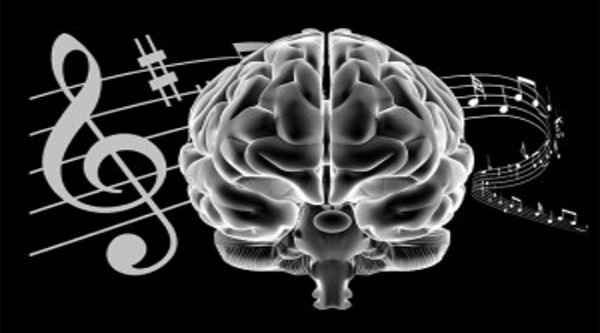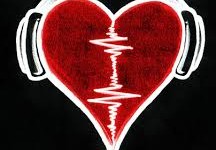
7 Ways Music Benefits Our Health
Have you ever wondered how music might affect our health?
Music is capable of a number of health benefits including lowering stress levels, raising states of consciousness, changing moods, accessing different states of mind, developing the brain which has a ton of health benefits. There isn’t any human culture on earth that has lived without music. For example, native Africans and Americans both used music in the form of chanting for their rituals and healing ceremonies. In Ancient Greece music was used to ease stress, soothe pain and help with sleeping patterns. Many have said music heals the soul, and it appears that they were right.
Let’s see seven ways that music benefits our health.
1. Music Makes You Happier
As mentioned before, music has the power to do so much. It can make you feel happy, sad, excited or even pumped up. Listening to music that hits you in a special way causes your brain to release dopamine which is known as a feel good chemical. It causes us to feel emotions like happiness, excitement, joy, etc. Listening to music provides us with the same burst of happiness that we would get from eating a piece of chocolate, sex or certain drugs.
2. Improves visual & verbal skills
Several studies have shown that music education at an early age stimulates the child’s brain in a number of ways that helps to improve verbal skills, communication skills and visual skills. A study that looked at 4 to 6 year olds who were subject to one month of musical training that included training in rhythm, pitch, melody, voice and basic musical concepts resulted in enhanced ability to understand words and explain their meaning. A study using subjects that were 8 to 11 year olds found that those who were involved in extra-curricular music classes were developing higher verbal IQ’s and their visual ability was greater than those who were not receiving the training. Even children as young as one year old who participated in interactive music lessons with their parents had a greater ability to communicate, smiled more frequently and were showing greater signs of sophisticated brain responses to music.
3. Reduces Depression & Anxiety
Researchers from Drexel University found that cancer patients who either listened to music or worked with a music therapist experienced a reduction in anxiety, had better blood pressure levels and improved moods. Music can have positive effects on the psyche, mood, pain and quality of life as well.
4. Improves Sleep Quality
Some of the most common things to interfere with sleep are stress and anxiety. Since music has the ability to affect both in a positive way, research has found that listening to music at various times promotes better sleep patterns for people and even created more restful sleeps. In some cases music might even be able to be used to effectively treat insomnia.
5. Keeps an aging brain healthy
Research has shown that having musical training and listening to or playing music in old age can help keep the brain healthy especially as it ages. Since listening to music is like exercising the brain, one can expect the benefits of better memory and mental sharpness as they age. Even people who have some form of brain damage can regain partial or full access to memories by listening to music, as listening can help draw on old memories and neurological patterns due to the fact that the rhythm and sounds of music stay within the core of the mind for a long time.
6. Boosts Your Immune System & Reduces Pain
Research has shown that music is capable of reducing levels of the stress hormone cortisol, which is responsible for weakening the immune system, increasing risk of heart disease, interfering with learning and memory, lowering bone density, blood pressure, etc. Research found that by listening to just 50 minutes of uplifting music the levels of antibodies in the human body increases. While different types of music were not studied, it is important one listens to music they enjoy as personal preference of music does have an effect on overall physical effects.
7. Heartbeat, Pulse Rate & Blood Pressure
Studies have shown that music strengthens the heart and improves the recovery time of patients who were suffering from heart disease. Regardless of the genre of music, listening to your favorite music releases endorphins in the brain that help to improve vascular health. It has been seen that both men and women who listened to music soon after cardiac surgery were much less anxious and even reported having less pain as opposed to those who rested quietly. An observation made at Massachusetts General Hospital, found that heart patients confined to a bed that listened to music for 30 minutes had lower blood pressure, slower heart rates, and less distress than those who didn’t listen to music.


